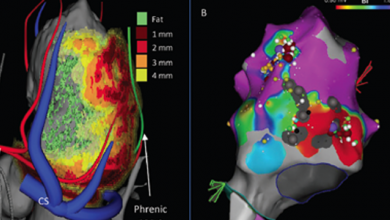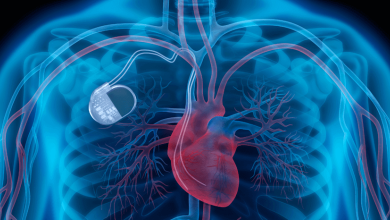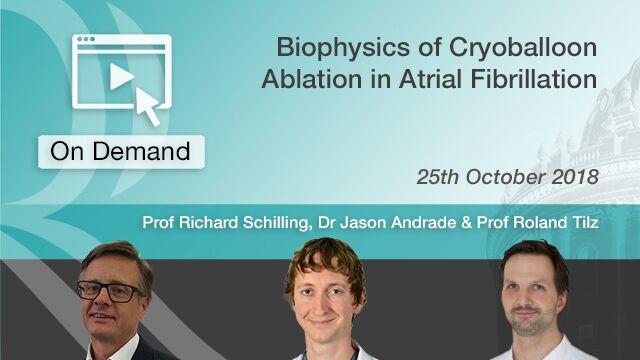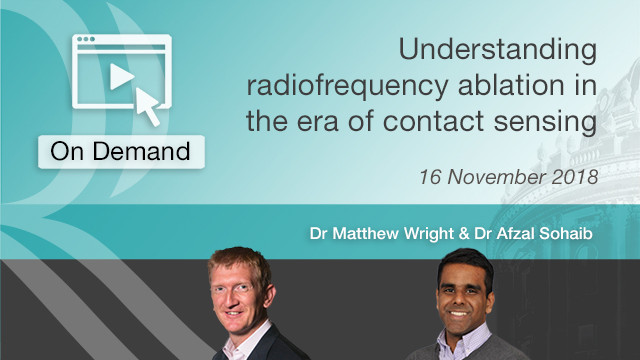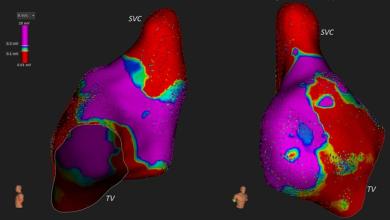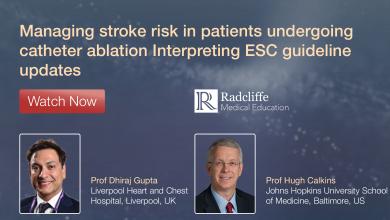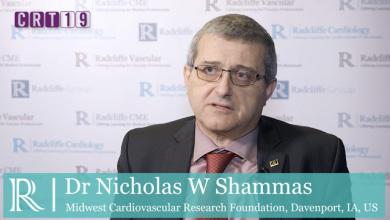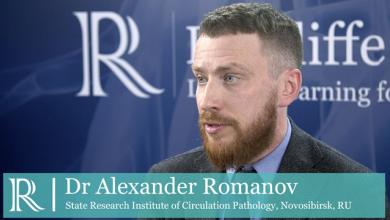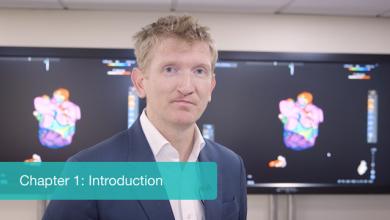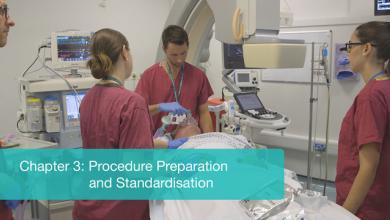Catheter ablation with radiofrequency or cryothermal energy is an important therapy for the management of tachyarrhythmia, including atrial tachycardia, atrioventricular (AV) re-entrant tachycardia and AV nodal re-entrant tachycardia.
Improvements in cryoballoon technology have led to shorter procedural and fluoroscopy times with similar efficacy and complication rates. Outcome and complications compared with radiofrequency catheter ablation are similar, except for a higher incidence of phrenic nerve palsy.
Several catheter-based ablation devices have been developed and adapted to improve not only lesion durability, but also safety profiles, procedure time and radiation exposure.










